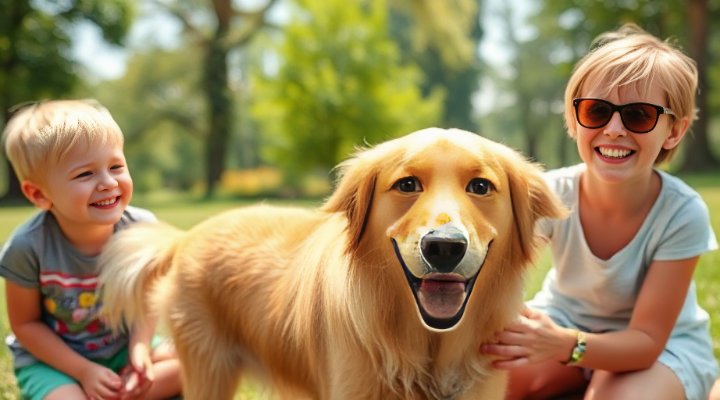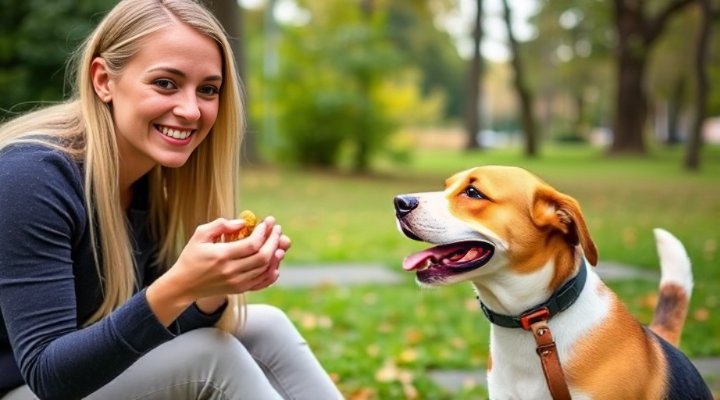Dog socialisation techniques are crucial for raising a well-adjusted canine companion. Whether you have a new puppy or an older rescue dog, proper socialisation can make all the difference in their confidence and behavior. In this comprehensive guide, we’ll explore proven methods to help your dog feel comfortable in various situations.

Why Dog Socialisation Matters
Socialising your dog isn’t just about making them friendly – it’s about preventing fear and aggression while building their confidence. According to the American Veterinary Society of Animal Behavior, the primary socialisation window for puppies is between 3-14 weeks, but older dogs can still learn new social skills with patience and proper techniques.
I remember when I first adopted Max, my rescue terrier mix. He would cower at the sight of other dogs. Through consistent socialisation techniques, he transformed into the most confident pup at the dog park!

Essential Dog Socialisation Techniques
1. Start Early with Puppies
The best time to begin socialisation is during puppyhood. Our guide on tricks to teach puppies complements socialisation training perfectly. Introduce your puppy to various people, animals, surfaces, and sounds in a positive, controlled manner.
2. Controlled Exposure for Older Dogs
For adult dogs, gradual exposure is key. Start with less challenging situations and slowly increase complexity. Our article on rescue dog training offers additional insights for helping older dogs adjust.

3. Positive Reinforcement Works Wonders
Always associate new experiences with rewards. Treats, praise, and play help create positive associations. The ASPCA recommends keeping training sessions short and positive to maintain your dog’s enthusiasm.
4. Socialisation Classes
Structured classes provide safe environments for interaction. We’ve covered the benefits in our dog socialisation classes article.

Common Socialisation Challenges
Some dogs may show fear or aggression during socialisation. If you’re dealing with biting issues, our guide on training dogs not to bite can help. Remember, patience is essential – never force interactions.
Maintaining Social Skills
Socialisation isn’t a one-time event. Regular practice through walks, playdates, and new experiences keeps skills sharp. Combine these techniques with mental stimulation exercises for a well-rounded, happy dog.
By implementing these dog socialisation techniques consistently, you’ll help your canine companion develop into a confident, friendly pet ready to handle any situation life brings.
Related Keywords: dog socialization tips, how to socialize a shy dog, puppy socialization checklist, dog behavior training, building dog confidence

